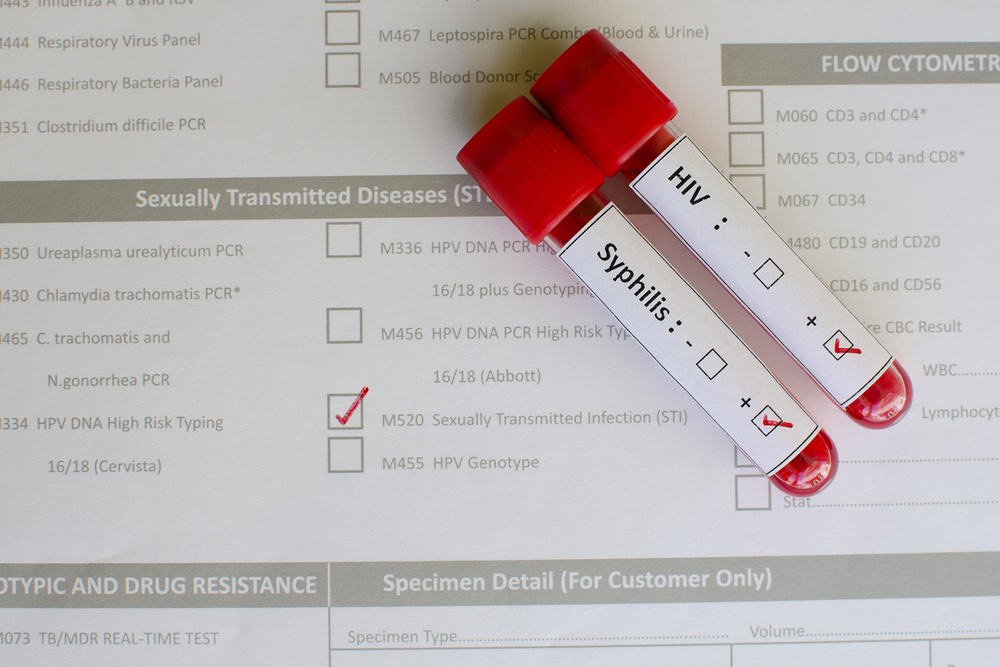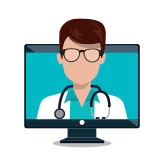What Are the Different Types of Sexually Transmitted Diseases/Sexually Transmitted Infections?
Sexually transmitted diseases or sexually transmitted infections (STIs) (also known as venereal diseases) are a serious health issue that can often become life-threatening. Males and females can develop any type of STD through sexual contact. If you suspect that you have an STD, then you should visit a physician at an urgent care center for an evaluation. Anyone who is sexually active can have an STD, but these conditions primarily occur in teenagers and young adults who don’t use the proper precautions. There are several types of STDs, including:
- Genital herpes – painful sores on the genitals
- Trichomoniasis – a parasitic infection
- Syphilis – a dangerous bacterial infection
- Gonorrhea – caused by bacteria (can lead to pelvic inflammatory disease (PID))
- Chlamydia – caused by a bacterial infection
- HIV infection (human immunodeficiency virus) – damages the body’s immune system
- HPV (human papillomavirus) – leads to genital warts and increases the risk of cervical cancer
- Hepatitis B – a liver infection
What Are Some of the Symptoms of Sexually Transmitted Diseases?
In some cases, experts (including the Centers for Disease Control and Prevention) recommend routine testing for STDs to find the conditions in the earliest stages, rather than waiting until there are symptoms of the medical issues. Some of the symptoms of STDs include:
- Pain in the lower abdomen
- Muscle aches
- Discomfort during sexual intercourse
- Itching in the genital region
- Pain while urinating
- Abnormal penile or vaginal discharge
- Bumps, warts, or rashes on the genitals
- Dark urine
- Yellowing of the eyes
- Frequent illnesses
- Cancer
- Infertility
It is important to remember that you may not have any symptoms from an STD, or alternatively, a symptom from an STD may not occur for several months or years.
How Are STDs Diagnosed and Treated?
Most STDs are diagnosed using specialized urine tests, but some of the conditions require blood testing instead. For bacterial infections, you are prescribed oral antibiotics, but there is no cure for viral STD infections. However, there are ways to manage STDs that are caused by viruses. Seeking treatment for STDs is vital to avoid complications such as additional inflammation in the organs inside the body along with avoiding infertility. With treatment or management, you can also avoid transmitting an STD to someone else. Using condoms can often prevent the transmission of STDs, but you should have testing for the conditions at least once a year. Some types of STDs are also transmitted with oral and anal sex, so you should learn more about the precautions available to prevent an infection from these types of sexual activity.
Frequently Asked Questions about STIs
How long do STDs stay with you?Can an STD clear up on its own?Who is most at risk for STDs?What is the difference between STD and STI?Can you have an STD or STI if you're a virgin? |
Come into WellCare Urgent Care
Making sure to get routine STD tests are a part of having good sexual and reproductive health. Contact WellCare Urgent Care center to learn more about sexually transmitted diseases and get testing done. You can schedule an immediate appointment online at our Cascade and Leonard locations.




